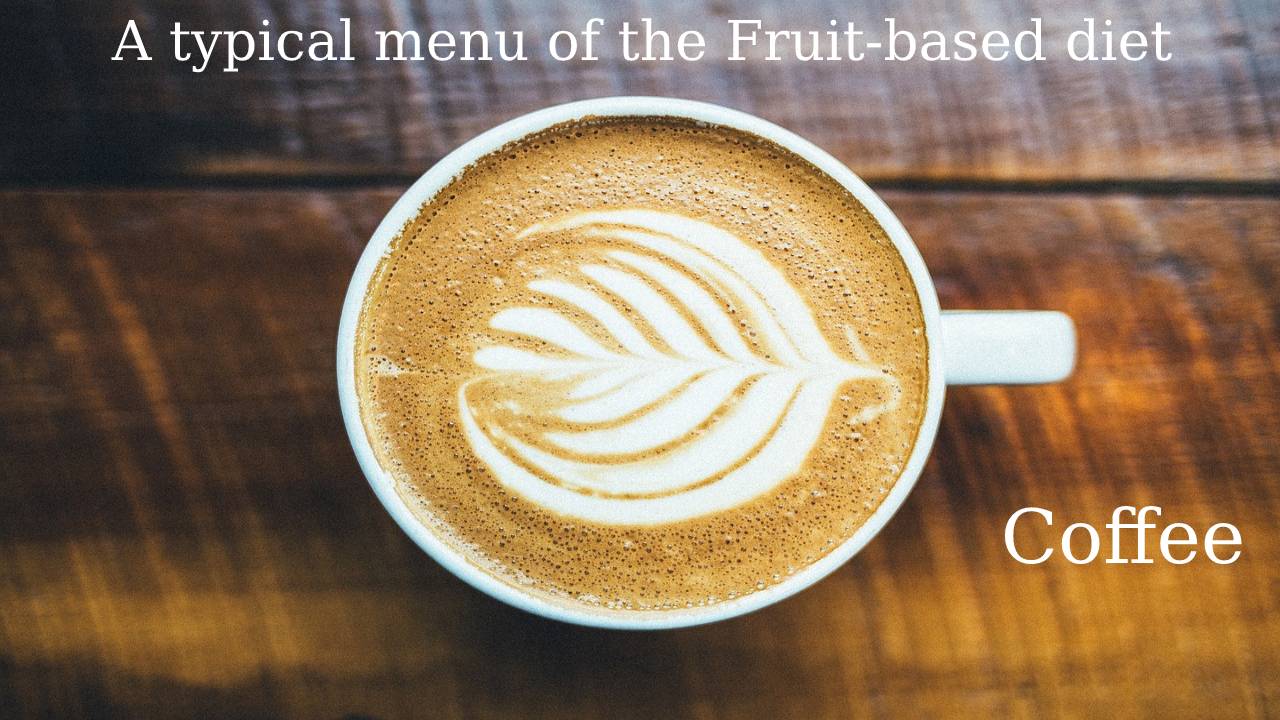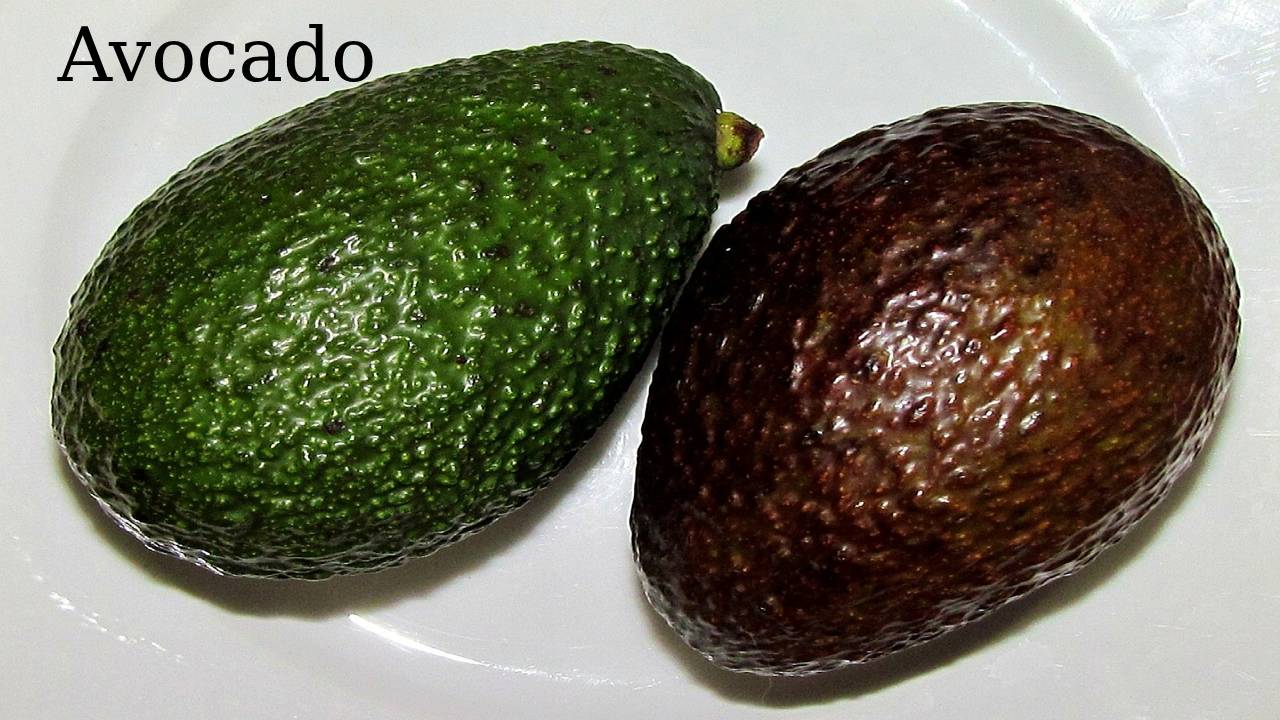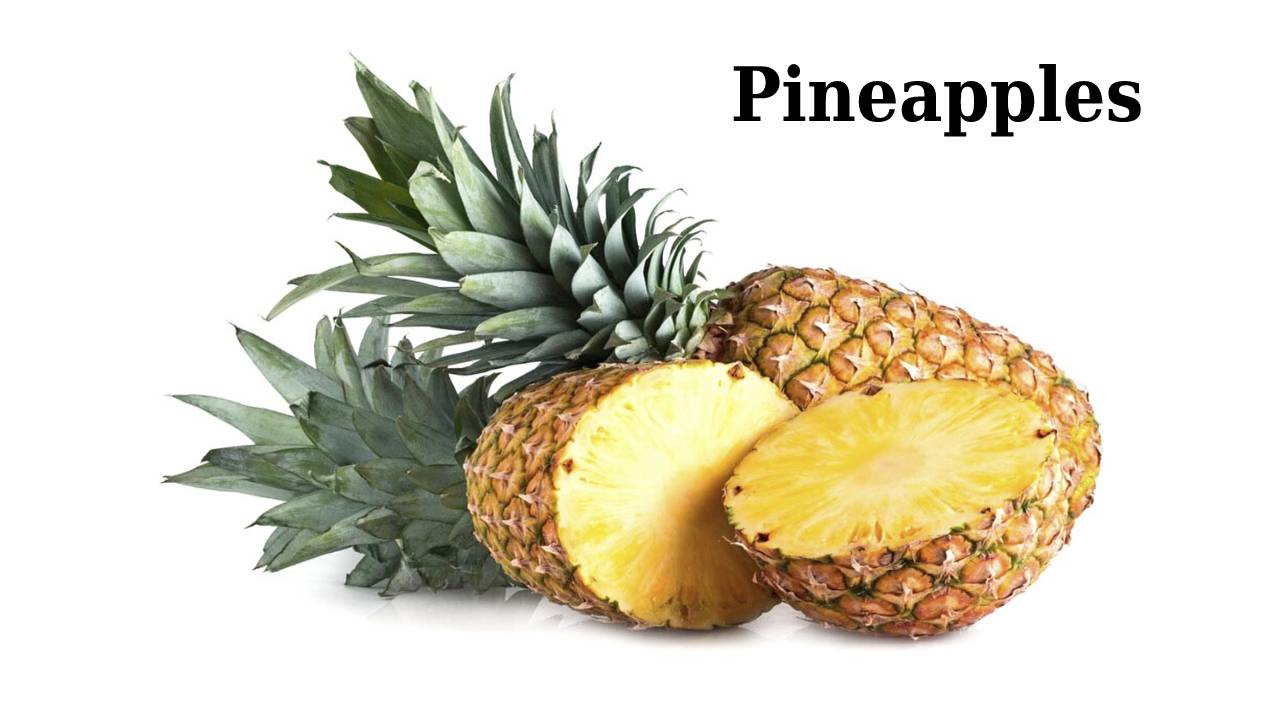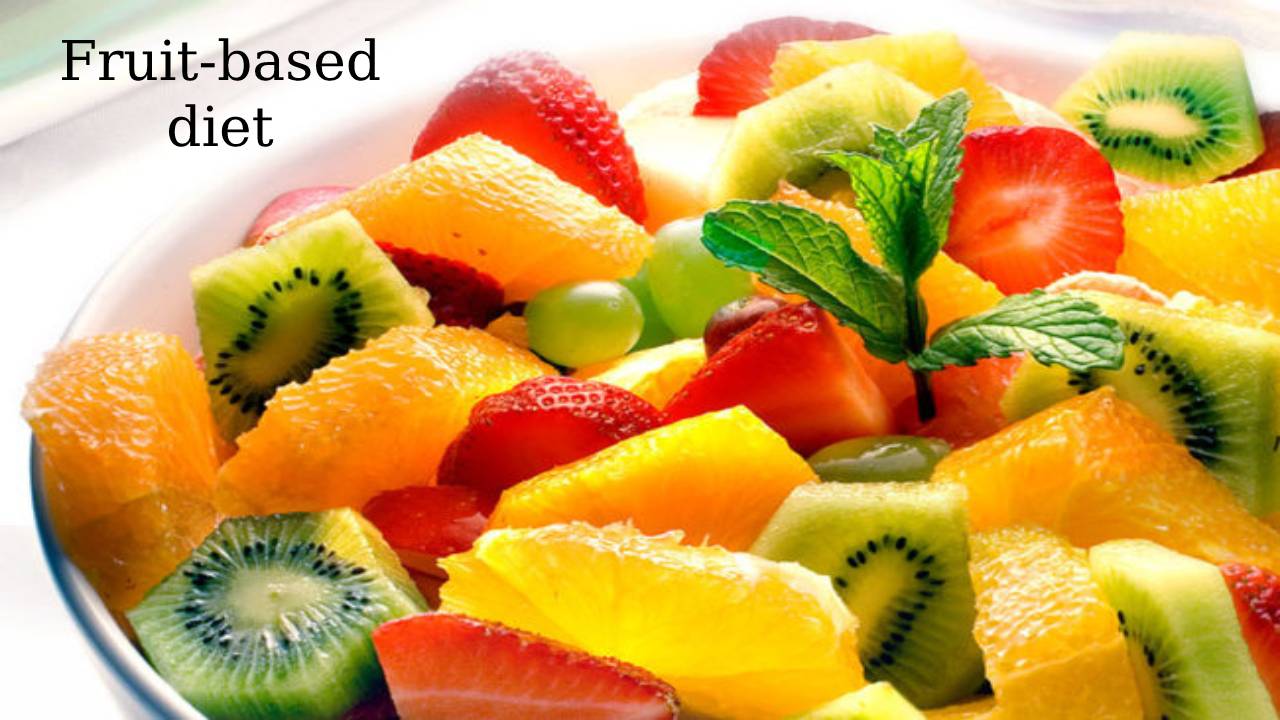Table of Contents
Fruit-based diet
A fruit-based diet is the fruit diet that is a very restrictive vegan diet. People who follow this program eat mostly raw fruit. You can also eat vegetables, dried fruits, nuts, and seeds in moderation.
All products of animal origin, including dairy products, are excluded.
Other types of foods such as grains, legumes, and tubers are severely limited or eliminated. Cooked foods of any kind are avoided, including cooked fruit.
There is no specific way to follow the fruit diet. Some fruit traders only eat fallen fruit instead of harvested fruit.
Others don’t eat the seeds because they can become living plants.
Following the fruit-based diet carries many risks, such as B. Malnutrition. Therefore, talk to your doctor about your intentions.
They can help you meet your nutritional needs without putting your health at risk.
The Potential Benefits of Fruit-based diet
- When eaten in moderation, fruit can be a very healthy part of a nutritious diet. Some benefits of consuming fruit are:
- Fruits cover fibre, which can help lower cholesterol and encourage regular bowel movements.
- Apples, pears, blackberries, and raspberries are examples of fruits that are high in fibre.
- Oranges, peppers, and strawberries are examples of fruits that are high in vitamin C. It helps keep teeth and gums healthy. Vitamin C also supports the immune system.
- Bananas, guavas, melons, and mangoes are examples of fruits rich in potassium. It can help maintain healthy blood pressure and regulate fluid levels in the body.
- Oranges and tropical fruits like mangoes are rich in folic acid. This can help the body make red blood cells. Folic acid also supports the healthy development of the fetus.
- Are you looking for low-sugar fruits? Try this one.
- Black plums, plums, and all berries are examples of fruits that are high in antioxidants. Antioxidants limit the production of free radicals. They can protect your skin and fight diseases.
The Fruit-based diet does not contain fibre and protein
- A diet based only on fruit and vegetables is good for your health for some time, as it is rich in water, simple sugars, vitamins, and minerals.
- Then, it does contain a certain amount of fibre and protein, but it is inferior in other nutritional properties.
- The fat content is shallow and remains an unbalanced diet because it banishes many healthy foods, such as white meat, fish, low-fat dairy products, and pasta and cereals.
- It is why it should be followed for no more than 3 (Three) days and only after consulting an expert opinion.
- The fruit and vegetable diet has serious contraindications.
- It is firmly not recommended for those who have diabetes and irritable colon.
- It is not the proper diet for those who train intensely given the low dose of ingested proteins and fats.
- Finally, remember that it is suitable for giving a “shock” to the metabolism because it favours the drainage of toxins and liquids accumulated in the body but does not decrease fat mass.
- It is necessary to consider it a starting point for a healthy and varied diet; otherwise, you risk quickly
regaining the lost pounds.
A typical menu of the Fruit-based diet
- We will now give you an example of a menu for the three-day fruit diet. As you can see, the only “extra” foods are yoghurt, tea or herbal tea, and coffee.
- If there are vegetables, they should be seasoned with a maximum of one tablespoon of extra virgin olive oil. However, the body must be adequately hydrated throughout the day.
- It is highly recommended that you drink at least 2 litres of water a day to confirm the elimination of toxins from your body.

Day 1 Breakfast
- Orange juice without sugar or centrifuged fruit and vegetables
- Sugar-free coffee or tea
Snack:
- Herbal tea or centrifuged
Lunch:
- Salad/fresh fruit/
Snack:
- Red fruits
Dinner:
Spinach or salad/Avocado or banana

Day 2 Breakfast
- Green tea
- Kiwi
Snack:
- Blueberries
Lunch:
- Fruit at will
Snack:
- Carrot and apple juice
Dinner:
- Yoghurt with cherries
Day 3 Breakfast:
- Orange juice without sugar or centrifuged fruit and vegetables
- Green tea
Snack:
- Currants or centrifuged
Lunch:
- Salad or spinach
- Mixed strawberries, apricots, pineapples, oranges, and peaches (depending on the season)

Snack:
- Red fruits
Dinner:
- Coconut/Fruit at will
Does the Fruit-based diet work?
Eating only fruit to lose weight: does it work? Is it healthy?
You have heard about fruitarians and the case of the Banana Girl who lost a lot of weight eating 30 bananas a day.
You will know that a fruit-only diet exists, and therefore nothing prevents us from trying it, perhaps for a
limited period.
Not surprisingly, you will hear many times: “I only eat fruit to keep myself light,” and some drastic diets are
centred on certain fruits in particular, such as the lemon diet or the grape diet.
Ask your doctor before starting any diet
Before boarding on a new diet or nutrition program, Patton recommends speaking with your doctor or meeting a
nutritionist to discuss your goals and lifestyle.
Together you can create a menu that you are more likely to stick to in the long term.
Also Read: Oil Cleansers – The Best Facial Cleansers For for all skin types


